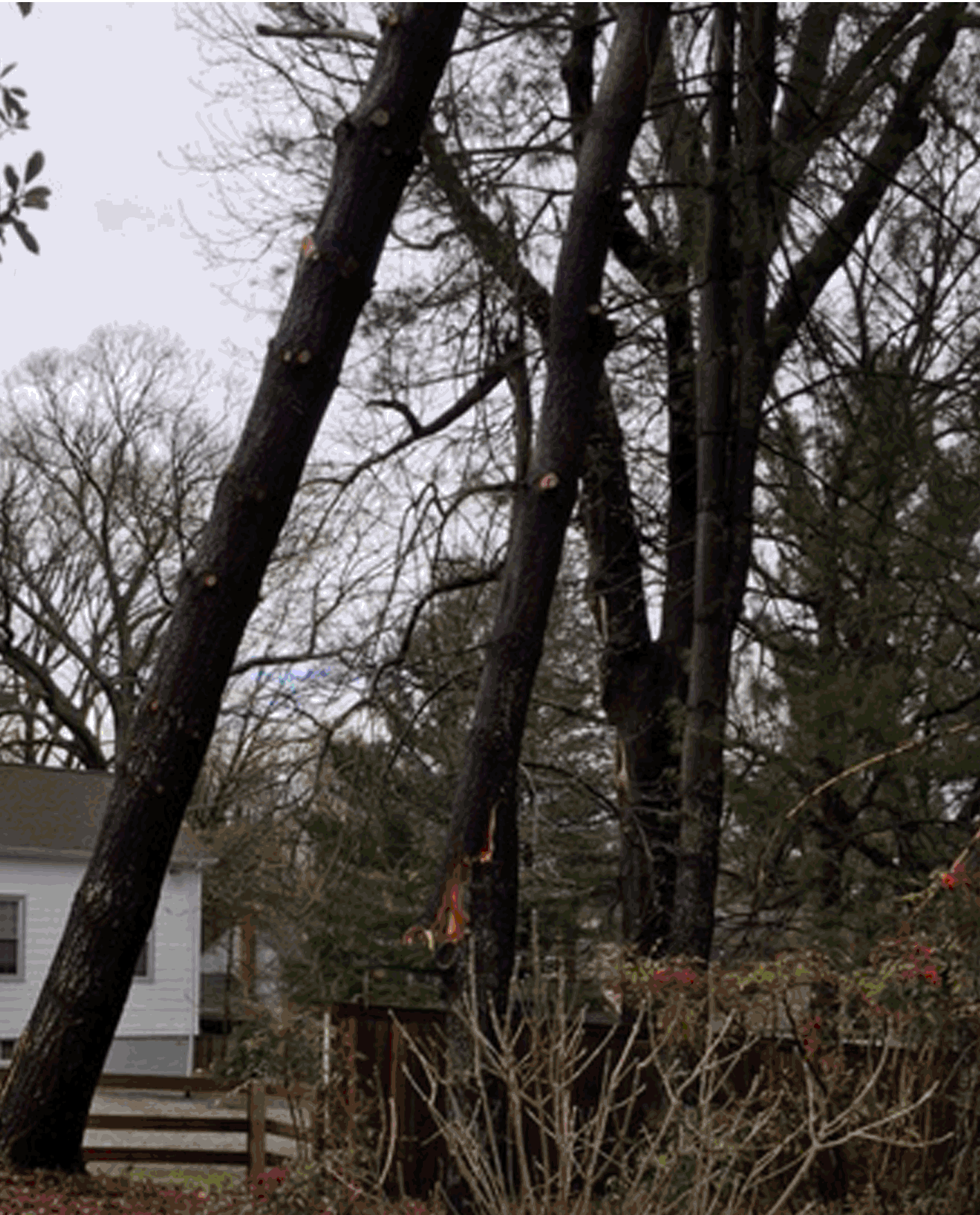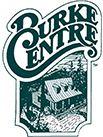
When a Tree Falls not in the Forest but in your Backyard... by Raymond J. Diaz, Conservancy Legal Counsel  Joyce Kilmer famously claimed to never have seen a poem as lovely as a tree. It is true that Burke Centre is blessed with an abundance of trees and that they are lovely. However, when a tree falls and causes property damage, admiration for its beauty is quickly replaced by concerns about removing the tree and repairing the damage. If a fallen tree falls across a boundary line and causes damage to a neighboring property, that tree will have even more quickly lost any lingering charm for the neighbor who will expect the owner of the tree to be responsible for clean up and repair costs. Because such situations occur often, Virginia law recognizes a number of rules for assigning responsibility when a tree growing on one owner's property causes damage to another's property. These rules are equally applicable when the property on which the fallen tree had been growing is Conservancy Common Area. It "feels right" that an owner whose fallen tree has damaged a neighbor's property should pay to remove the tree from the neighbor's land or, as is sometimes the case, from the neighbor's roof, and pay to repair all damage done by the falling tree. However, the law is otherwise. Applicable negligence law provides that one is responsible for foreseeable damage caused by his or her acts or omission. If the owner of the tree that fell had no notice that the tree was at risk of falling, it would not be foreseeable that the tree would fall or that the neighbor's property would be damaged. For this reason, Virginia negligence law, as is commonly the law in most states, will not hold the owner of the tree liable for the costs of removal or for the neighbor's property damage. Rather, using an unfortunate term, the law holds that the fact that the tree fell and caused damage was an "Act of God" for which the owner of the tree is not responsible. For this reason, it is most often the case that the owner of the damaged property must bear the costs of removing the tree and repairing his or her property just as the owner would be if, for example, the property damage had been caused by a severe storm or a fire and not by the neighbor's tree. Commonly, the expenses of removing a neighbor's tree and repairing damage done by a fallen tree is covered by each owner's homeowner's insurance policy. Insurance companies routinely pay these expenses, subject to any applicable deductibles, when claims are timely filed. The other side of the negligence coin is equally applicable when a neighbor's tree falls. That is, if the owner knew or should have known that the tree was at risk of falling as, for example, because it was dead or diseased, the rule changes. In such case, it is reasonably foseseeable that the tree would fall, and reasonably foreseeable that the tree would fall on the neighbor's property and cause damage. When such foreseeability is present, the law imposes a duty on the owner of the tree to take reasonable steps to prevent the tree from falling on the neighbor. Virginia negligence law imposes responsibility on an owner who ignores the danger he knows or should know of for both the costs of removing the fallen tree and paying for the damage done. Here again, homeowner's insurance policies will usually respond to a claim by the owner of the fallen tree for the costs to repair the damage done to his or her neighbor's property and for the costs to remove the tree. Based on this state of Virginia law, Burke Centre property owners should be alert to the condition of the trees on their property and of those on neighbor's property that, were they to fall, might fall across the property line and cause damage. By attending to at risk trees and alerting neighbors to any at risk trees on the neighbors' property, the possibility that a tree will fall can be reduced. For this reason, the Conservancy welcomes any information about unhealthy trees on the Burke Centre Common Areas. Property owners should also review their homeowners' insurance policies to be satisfied that there is adequate coverage against both damage caused by falling trees and the expense of removing those trees. RELATED LINKS: Fairfax County Tree Basics Handbook Burke Centre Conservancy Tree Policy (updated) |
